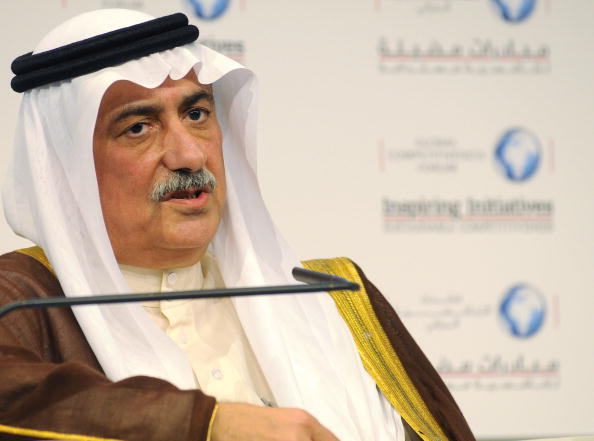Saudi Can Maintain Current Spending, Says Finance Minister
The Kingdom has budgeted expenditure of SAR820 billion for 2013, 19 per cent higher than the amount budgeted for 2012.

Saudi Arabia can maintain its current high level of government spending for years to come, Finance Minister Ibrahim Alassaf said on Tuesday.
Riyadh has been boosting spending recently on welfare and housing construction partly as a reaction to unrest in the Arab world in order to ease domestic political tensions. It also wants to diversify the economy away from heavy dependence on oil, in case of a future plunge in global oil prices.
Asked whether strong growth in government spending was sustainable, Alassaf told reporters: “We have the … ability to continue this scale of spending.
“We have the reserves, as well as we are reducing our debt almost to zero. So we can continue in the medium term and even beyond that,” he said on the sidelines of the Arab Summit for Economic and Social Development.
The world’s No.1 oil exporter has set state budget expenditure of SAR820 billion ($219 billion) for 2013, 19 per cent higher than the amount initially budgeted for 2012.
It is slightly below the record estimated 853 billion riyals that the government actually spent in 2012, but analysts have said actual spending is set to continue climbing in 2013.
The oil-rich desert kingdom has overspent its annual budget plans by 24 per cent on average over the past decade.
The International Monetary Fund said in September that Saudi Arabia, which has been running big budget surpluses thanks to high oil prices, is expected to see those surpluses shrink gradually in coming years and could post a small deficit as early as 2016.
In October, Alassaf called the IMF prediction a “doomsday scenario” which he did not agree with.
The Saudi government spending has been rising by 12 per cent on average in 2002-2012. As a result, the oil price it needs to balance the budget is expected to shoot up to $85.2 per barrel in 2013 from as low as $37.6 in 2008, the IMF said in October.
However, the Kingdom has a substantial buffer that would allow it to keep spending even if crude prices were to fall in the future. Its net foreign assets in the central bank, where it stores receipts from oil sales, rose to a record SAR2.4 trillion in November.
